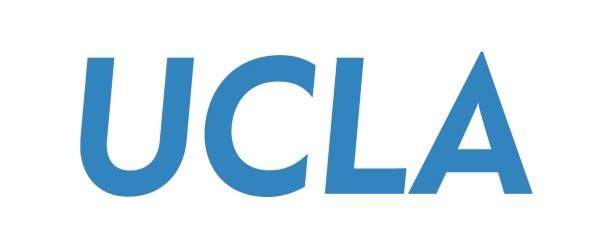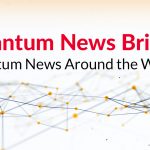UCLA gets $1.8 MI quantum molecular grant from NSF

U.S. universities at times have been viewed as not necessarily leading the charge on quantum research, or at least have not garnered as much attention for key innovations as certain halls of study in Europe, Australia and Canada.
UCLA is among a number of American schools that over the last year have been doing their part to try to change that perception. It recently led a research team that worked on new ways to build chemical-based quantum computers, is home to a quantum biology center, created a Masters in Quantum Science and Technology Program, and brought the founder of Aliro Quantum on board as a professor.
Now, UCLA has landed a $1.8 million, three-year grant from the National Science Foundation to establish the Center for Advanced Molecular Architectures for Quantum Information Science, which will be led by chemistry professor Anastassia Alexandrova. An announcement from the university stated that Alexandrova and her UCLA chemistry colleagues Justin Caram and Miguel Garcia-Garibay, UCLA physics professor Eric Hudson and USC chemist Anna Krylov will be working in an entirely new branch of chemistry involving the creation of molecules that act as qubits.
UCLA researchers developed new molecule fragments called quantum functional groups, “which can be attached to molecules or surfaces to form qubits and to help lock these qubits’ quantum behavior into steady, predictable patterns. Quantum functional groups on molecules can be made and scaled to trillions of identical qubits that could form the architecture of enormous quantum computers,” the statement said. Chemists, physicists and engineers will work together at the new center to refine and expand their work on quantum functional groups and explore other alternatives for qubit scalability and stability.
The latest grant comes after UCLA also earned an NSF grant of $920,000 in early 2021, and was part of a multi-university $25 million NSF grant two years ago. Earlier this year, UCLA also drew a $5 million pledge from Boeing to support the school’s Center for Quantum Science and Engineering.
There also were reports Wednesday of other quantum-related NSF grants headed for other universities, including the University of Wyoming, the University of New Mexico and the University of Delaware.
Dan O’Shea has covered telecommunications and related topics including semiconductors, sensors, retail systems, digital payments and quantum computing/technology for over 25 years.



















